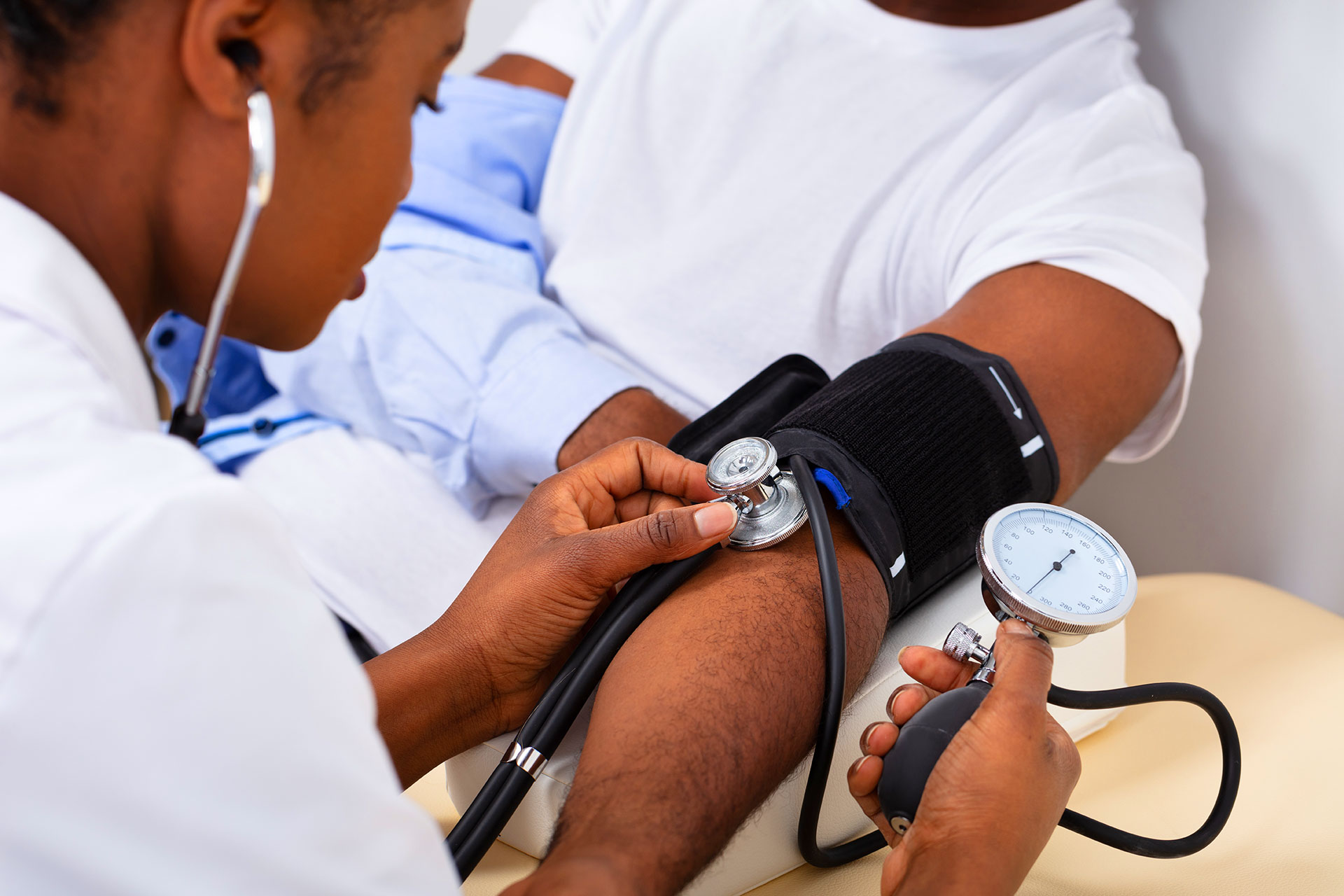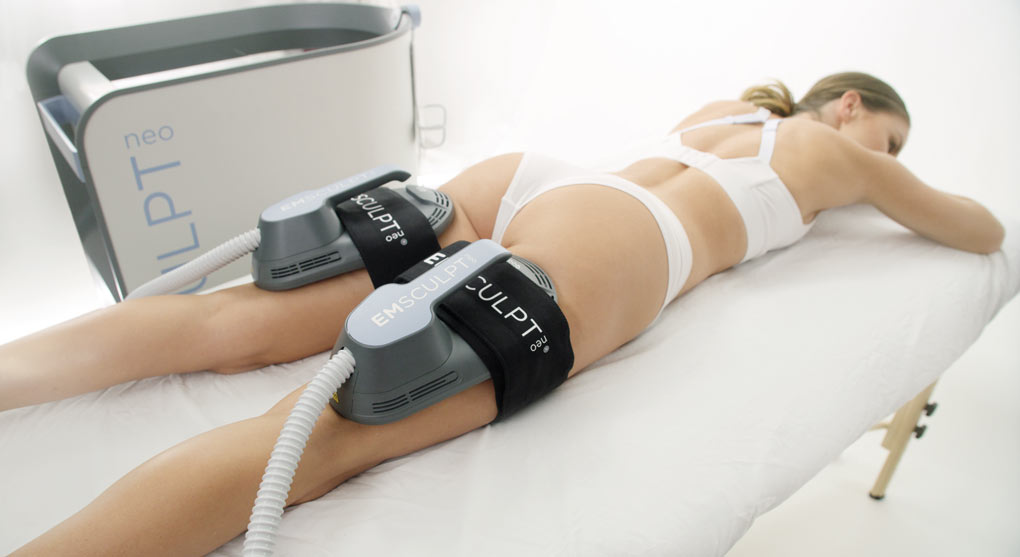Cardiovascular disease (CVD) remains a global health challenge, with inflammation now recognized as a pivotal driver in its development, particularly in the context of myocardial infarction (MI, or heart attack) and reperfusion injury (MIRI). When a heart attack occurs, a strong pro-inflammatory response is triggered. However, the subsequent transition to an anti-inflammatory, reparative process is …
Cardiovascular disease (CVD) remains a global health challenge, with inflammation now recognized as a pivotal driver in its development, particularly in the context of myocardial infarction (MI, or heart attack) and reperfusion injury (MIRI). When a heart attack occurs, a strong pro-inflammatory response is triggered. However, the subsequent transition to an anti-inflammatory, reparative process is critical for healing. When this intricate balance is disrupted, inflammation can become unresolved, leading to further damage.
The Active Process of Inflammation Resolution
For years, the focus was often on simply suppressing inflammation. However, groundbreaking research has revealed that inflammation resolution is a complex, active, and highly regulated process. This resolution directly impacts the size of the heart attack (infarct size) and how the left ventricle (LV) remodels after an MI – factors that determine long-term heart health.
Enter Specialized Pro-resolving Mediators (SPMs). These remarkable endogenous molecules are emerging as crucial players in orchestrating the resolution of inflammation. They actively contribute to healing by:
- Reducing pro-inflammatory mediators: Dampening the “on” switch for inflammation.
- Limiting neutrophil infiltration: Preventing excessive immune cell invasion that can cause collateral damage.
- Promoting clearance of debris: Helping the body efficiently remove dead cells and waste.
- Modulating macrophage phenotype transitions: Guiding immune cells (macrophages) from a pro-inflammatory state to a pro-repair, pro-regenerative state.
These “pro-repair” and “pro-regenerative” actions of SPMs support the resolution of inflammation not only in the heart but throughout the entire body.
A New Therapeutic Frontier for MI and Reperfusion Injury
While experimental and early clinical data strongly suggest the critical role of SPMs in heart and vascular health, further research is needed. Scientists are working to fully understand the intricate mechanisms behind their beneficial effects in both the initiation and resolution phases of MIRI. This includes identifying the specific receptors and signaling pathways that SPMs utilize to exert their effects over both short and long periods.
Current preclinical evidence, supported by a limited number of clinical studies, points to a highly promising therapeutic approach: promoting inflammation resolution by specifically targeting SPM-driven mechanisms, rather than simply suppressing inflammation. This is particularly relevant for MIRI, where inflammation is a central driver of ventricular dysfunction following reperfusion injury. An imbalance between pro- and anti-inflammatory mediators in this crucial period is closely linked to progressive decline in myocardial function.
Imagine a future where we can actively guide the healing process after a heart attack, reducing tissue damage and preventing heart failure, not just by blocking inflammation, but by actively resolving it. This is the exciting promise that SPMs hold for cardiovascular medicine.
What’s Next?
Future research will focus on:
- Elucidating precise mechanisms: Pinpointing how SPMs work at a molecular level.
- Identifying specific SPMs and their targets: Discovering which SPMs are most effective and how to best utilize them.
- Translating findings to clinical practice: Developing novel SPM-based therapies for patients suffering from MI and MIRI.
By shifting our focus from merely suppressing inflammation to actively promoting its resolution, SPMs offer a beacon of hope for significantly improving outcomes for patients with cardiovascular disease.
Stay informed about the latest advancements in cardiovascular health. Consult your healthcare provider for personalized medical advice.








